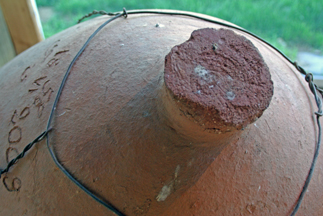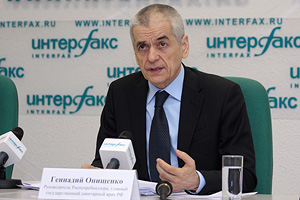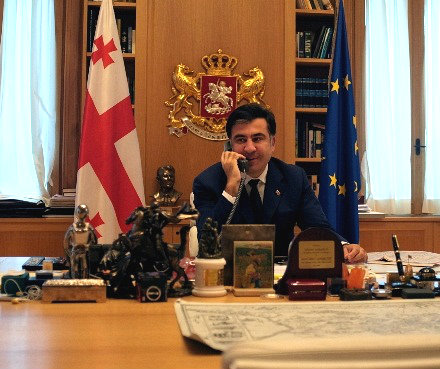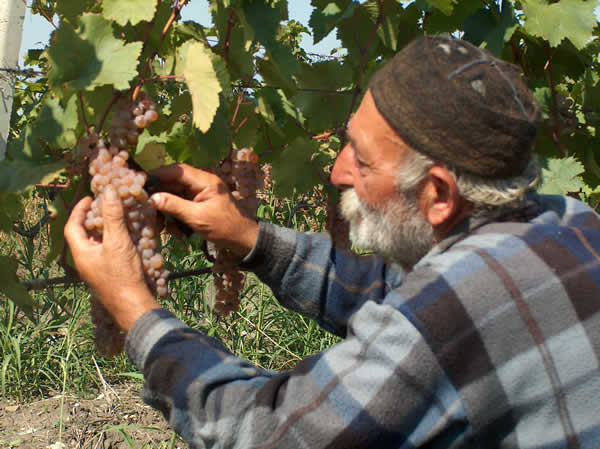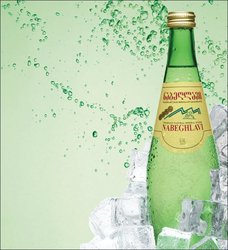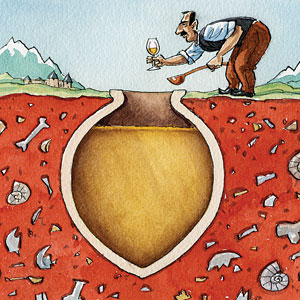 |
| Photo: Masuike/The New York Times |
By Ligaya Mishan
09.08.2013. The floor is tile, the tables scratched, the light fixtures ruffled and crimped. On a speaker rests an overgrown sheepskin
papakhi, cousin to the astrakhan hat, with wild woolly dreadlocks. Later there will be folk songs on hand drum and
phanduri, a long-necked lute. It is a scene you might expect to find on Avenue U, not Avenue B.
Oda House, which opened in May, specializes in Georgian cuisine, a rarity this side of the Brooklyn Bridge. It is not the first restaurant in Manhattan to do so (
Pepela, which occupies a more opulent space in lower Midtown, predates it by a few months), but it may be the first to capture the inclusive and at times shambolic spirit of Georgian restaurants in southern Brooklyn.
The chef, Maia Acquaviva, was a plastic surgeon in Georgia before coming to New York and redirecting her knife skills. For a while she cooked Russian food at
Mari Vanna, but aside from a few mayonnaise-heavy salads, Georgia shares few culinary traditions with its northern neighbor, leaning instead toward Armenia and the Caspian states. At Oda House, which Ms. Acquaviva owns with her stepson, Beka Peradze, she has returned to the vivid herbs and spices that characterize cooking along the former Silk Road.




